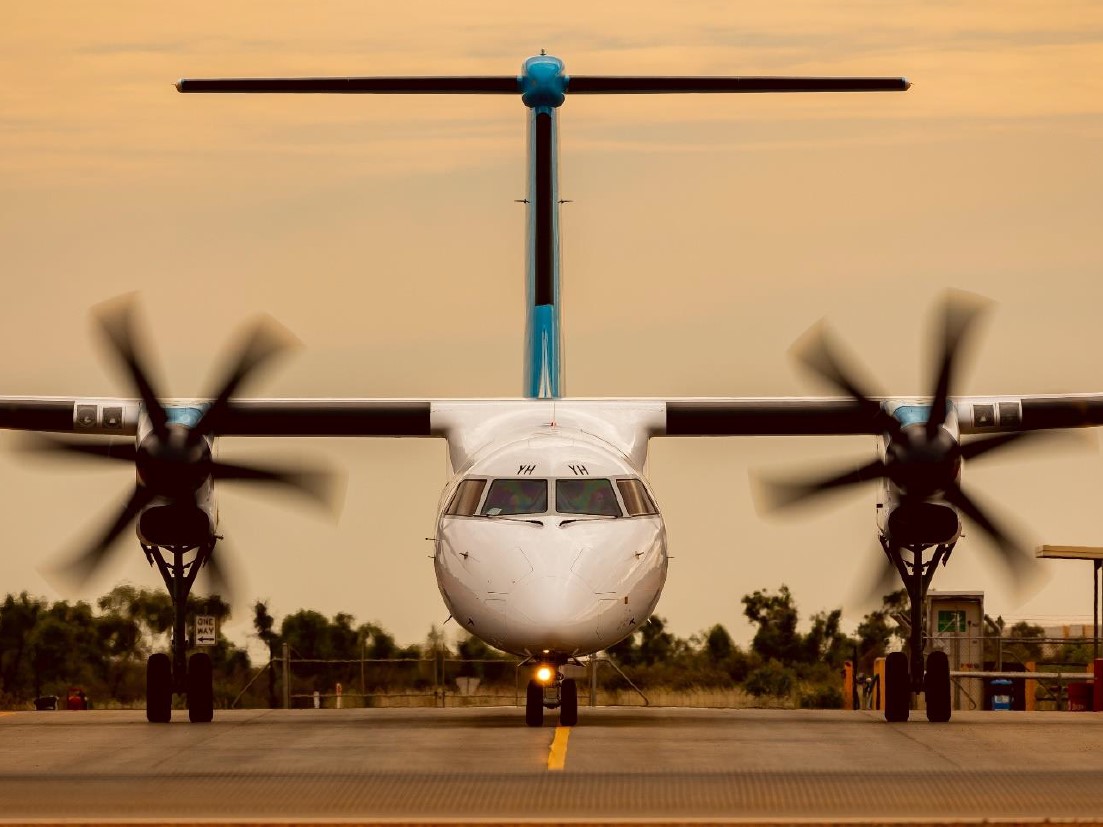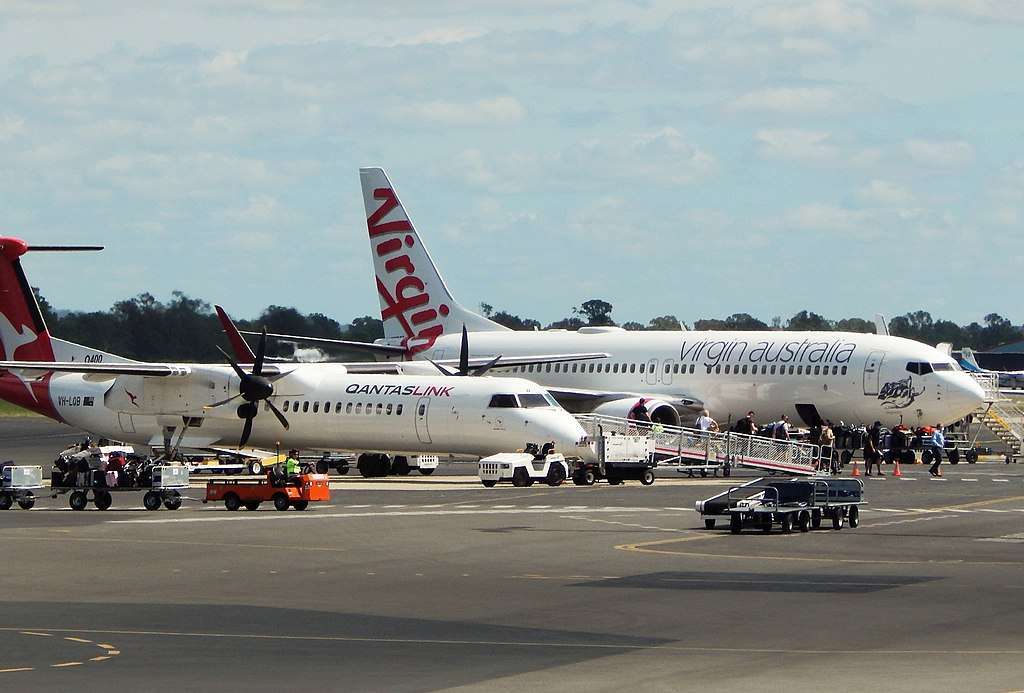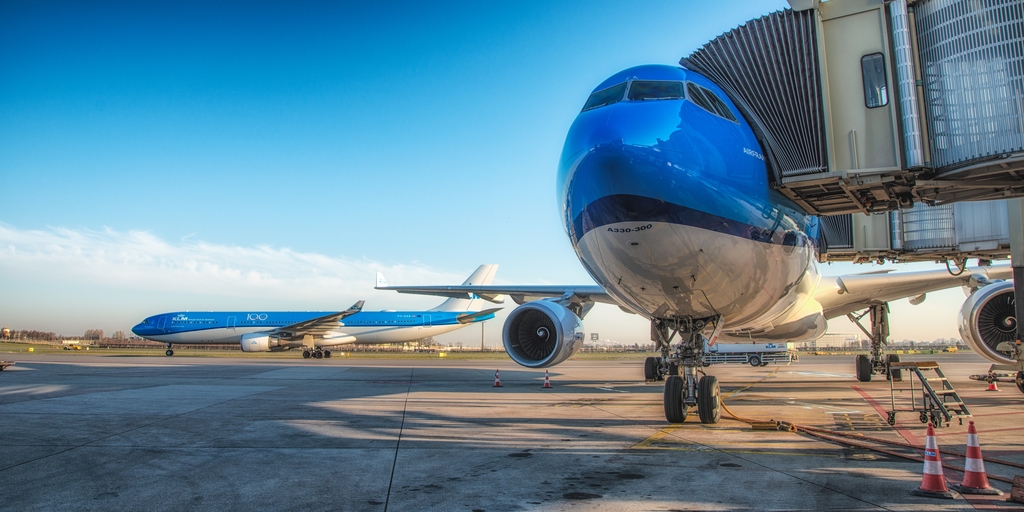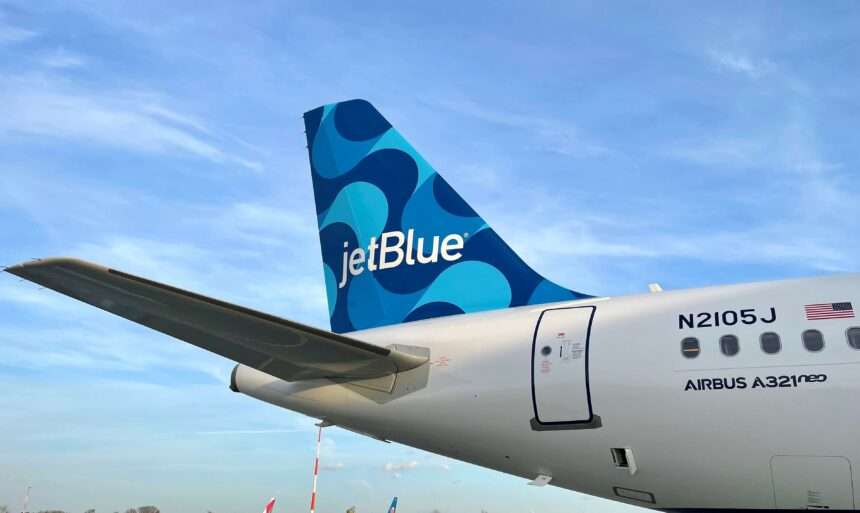In recent years, the landscape of domestic air travel in Australia has experienced significant shifts, marked by fluctuating airfares, service reliability concerns, and evolving competition among airline groups.
“Travellers finally saw some relief from high airfares last year, which was consistent with cheaper jet fuel prices and slightly lower demand for domestic air travel,” ACCC Chair Gina Cass-Gottlieb said.
The latest insights provided by the ACCC’s Domestic Airline Competition report shed light on these dynamics, revealing both improvements and ongoing challenges in the industry.
Fluctuating Airfares: Trends and Patterns
The year 2023 brought some respite for travelers as domestic airfares exhibited a downward trend, following record highs observed in late-2022.
Factors such as reduced jet fuel prices and slightly lower demand contributed to an average decrease of 13.4% in real (inflation-adjusted) terms compared to the previous year.
However, despite these improvements, certain fare types, notably ‘best discount’ economy airfares, remained higher than pre-pandemic levels in December 2019.
[monsterinsights_popular_posts_inline]

Service Reliability Concerns Persist
While the reduction in airfares brought relief to consumers, concerns regarding service reliability loomed large.
The report highlighted that cancellations and delays continued to surpass long-term industry averages, with five percent of flights being canceled in December 2023—double the long-term average.
Additionally, only 63.6% of flights arrived on time during the same period, significantly lower than the historical average of 81.1%.
“The persistently high rates of cancellations and delays compared to long term averages in the second half of last year were clearly disappointing for consumers,” Ms Cass-Gottlieb said.

Factors Contributing to Service Disruptions
Airservices Australia acknowledged that a shortage of air traffic controllers played a role in the increased rates of cancellations and delays.
This acknowledgment highlights the importance of addressing staffing issues to enhance the overall efficiency and reliability of air travel services.
Stabilization of Passenger Levels and Capacity
Despite the turbulence caused by the pandemic, passenger levels and capacity in the domestic airline industry appear to be stabilizing.
In December 2023, approximately 4.8 million people traveled domestically, representing 94% of pre-pandemic levels in December 2019.
Similarly, the combined seat capacity of airlines reached 95% of the capacity observed in December 2019.
“The last four years have been a particularly unstable period for the domestic airline industry,” Ms Cass-Gottlieb said.
“Although passenger levels and capacity have not quite returned to pre-pandemic levels, the industry appears to have largely moved on from its recovery phase and is now exhibiting more typical seasonal trends.”

Emerging Players and Market Dynamics
The entry of Bonza, a new low-cost carrier, into the Gold Coast-Melbourne route marked a significant development in the competitive landscape.
With four airline groups—Qantas Group (including Jetstar), Rex, Virgin Australia, and Bonza—competing on the same route for the first time, consumers stand to benefit from increased competition and potentially lower fares.
“When more airline groups compete on a particular route, consumers benefit from lower fares,” Ms Cass-Gottlieb observed.
“Qantas and Jetstar, however, continue to fly over 60 per cent of domestic passengers, representing a very high market concentration.”
However, despite this diversification, Qantas and Jetstar continue to dominate the market, collectively serving over 60% of domestic passengers—a concentration that warrants attention.
Background
On 6 November 2023, the Australian Treasurer directed the ACCC to recommence domestic air passenger transport monitoring.
Under this direction, the ACCC is to monitor and report on the domestic airline industry for a period of three years. This is the first report under the new direction, which expires in December 2026.

Click the banner to subscribe to our weekly newsleter.

Click the photo to join our WhatsApp channel so then you can stay up to date with everything going on in the aviation industry!









